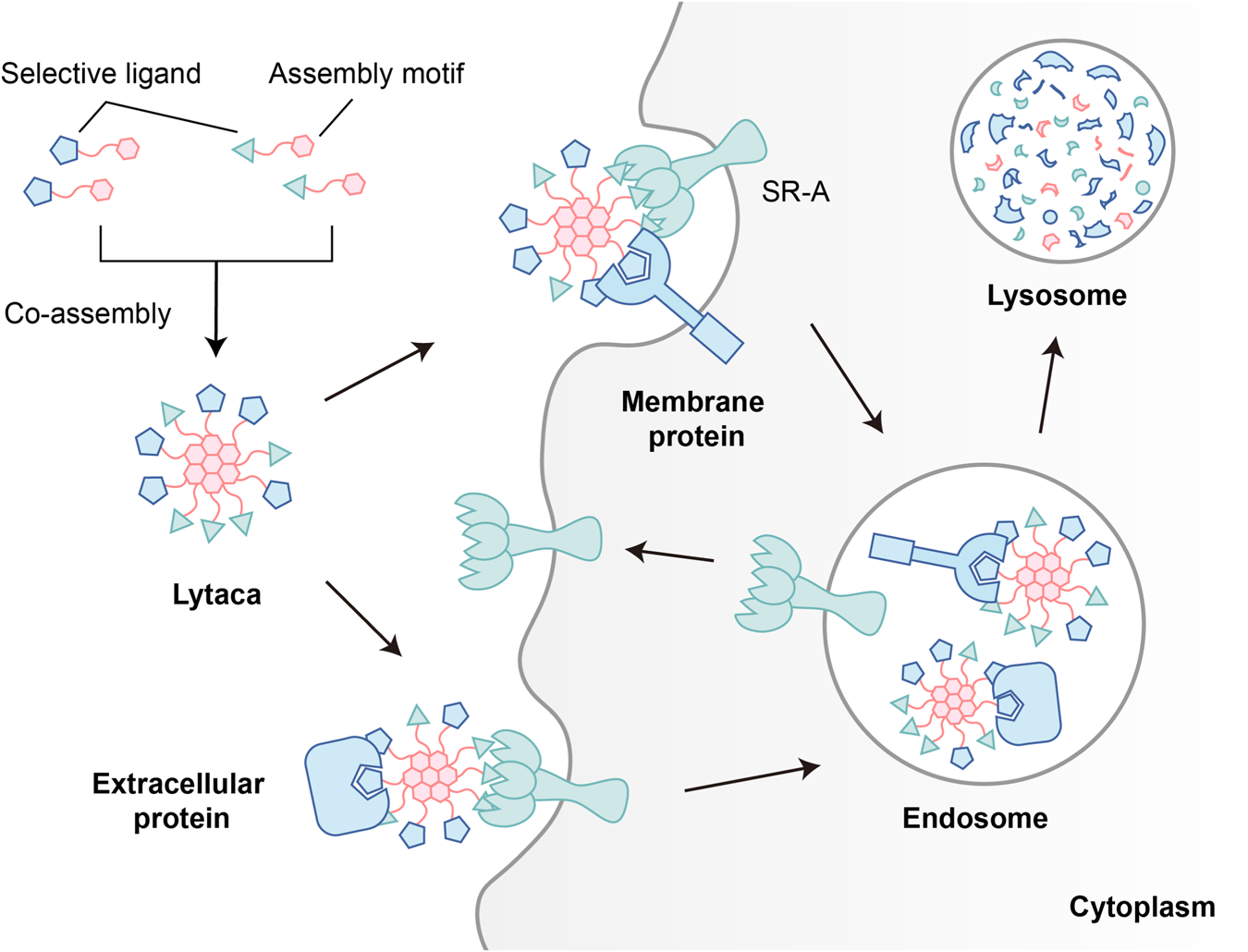Suwei Dong, Ji-Shen Zheng, Yiming Li, Huan Wang, Gong Chen, Yongxiang Chen, Gemin Fang, Jun Guo, Chunmao He, Honggang Hu, Xuechen Li, Yanmei Li, Zigang Li, Man Pan, Shan Tang, Changlin Tian, Ping Wang, Bian Wu, Chuanliu Wu, Junfeng Zhao, Lei Liu*



The central dogma of modern biology underscores the pivotal roles proteins play in diverse biological processes, the study of which necessitates advanced methods to produce proteins with precision and versatility. Chemical protein synthesis, a powerful approach utilizing chemical reactions for the de novo construction of structurally accurate proteins, has emerged as a transformative tool for studying proteins and generating protein derivatives/mimics inaccessible by natural biological machinery, including post-translationally modified proteins, proteins comprised of unnatural amino acids, as well as mirror-image proteins. This review summarizes recent strides in synthetic method developments for chemical protein synthesis, including innovative techniques in solid-phase peptide synthesis, the challenges presented by difficult sequences in either synthesis or folding and the exploration of novel ligation reactions using both chemical and enzymatic methods. Furthermore, the review also delves into newly developed protocols for site-selective protein modifications and the generation of stapled or macrocyclized peptides/mini-proteins, highlighting the power of chemical methods to make structurally diverse proteins. Recent applications of synthetic proteins in investigating post-translational modifications (phosphorylation, lipidation, glycosylation, ubiquitination, etc.), mirror-image biological processes and drug development are further discussed. Together, these topics provide a comprehensive overview of the current landscape of chemical protein synthesis.
所有内容 © DongLab ·版权所有。 地址:中国 100191 北京市海淀区学园路 38 号 E-mail:dongs@hsc.pku.edu.cn) 电话:010-82805931